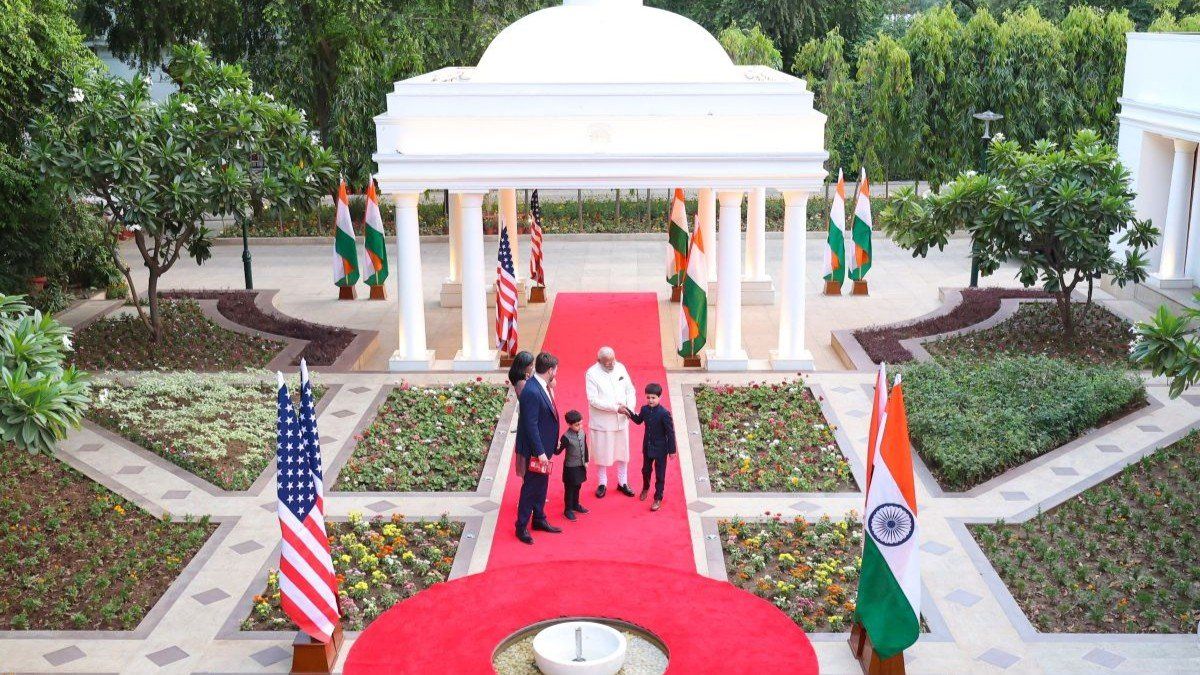If there’s a winner from President Donald Trump’s trade wars, India is a good candidate. Its longtime rivalry with China gives Prime Minister Narendra Modi ample motive to build new bridges with the United States. That’s one of the reasons India joined the so-called Quad – an Indo-Pacific forum for strategic and diplomatic dialogue – with fellow democracies Japan, Australia, and the US, in 2007.
Modi has been around long enough to have navigated trade frictions during Trump’s first term, and he was one of the first world leaders to approach Trump earlier this year with a conciliatory approach to growing trade tensions. Now, according to US Treasury Secretary Scott Bessent, the first phase of a new US-India trade deal might be “one of the first trade deals we would sign." Following a visit to Washington last week, Rajesh Agrawal, India’s lead trade negotiator, highlighted hopes for a “mutually beneficial, multi-sector bilateral trade agreement by fall of 2025, including through opportunities for early mutual wins.” Creating more market openings for US exports will come at a cost in a country long known for trade protectionism, but Modi has also made moves in recent years to open trade talks with the EU, the UK, and others.
This also follows news that, to avoid the Trump administration’s surging tariff rates on China, Apple has unveiled plans to move production of most of the 60 million iPhones it sells in the US each year from China to India by the end of 2026 – though the transition may take longer.